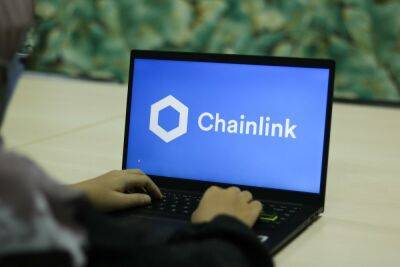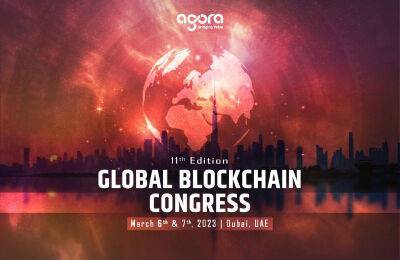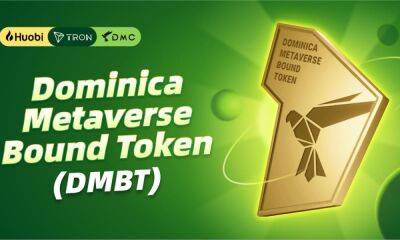AI set to benefit from blockchain-based data infrastructure
The rise of ChatGPT has been nothing short of spectacular. Within two months of launch, the artificial intelligence (AI)-based application reached 100 million unique users. In January 2023 alone, ChatGPT registered about 590 million visits.
In addition to AI, blockchain is another disruptive technology with increasing adoption. Decentralized protocols, applications and business models have matured and gained market traction since the Bitcoin (BTC) white paper was published in 2008. Much needs to be done to advance both of these technologies, but the zones of convergence between the two will be exciting to watch.
While the hype is around AI, a lot goes on behind the scenes to create a robust data infrastructure to enable meaningful AI. Low-quality data stored and shared inefficiently would lead to poor insights from the intelligence layer. As a result, it is critical to look at the data value chain holistically to determine what needs to be done to get high-quality data and AI applications using blockchain.
The key question is how Web3 technologies can tap into artificial intelligence in areas like data storage, data transfers and data intelligence. Each of these data capabilities may benefit from decentralized technologies, and firms are focusing on delivering them.
It helps to understand why decentralized data storage is an essential building block for the future of decentralized AI. As blockchain projects scale, every vector of centralization could come to haunt them. A centralized blockchain project could suffer governance breakdown, regulatory clampdown or infrastructure issues.
For instance, the Ethereum network “Merge,” which moved the chain from proof-of-work to proof-of-stake in September 2022, could have added a
Read more on cointelegraph.com



![Jared Grey - Evaluating SushiSwap’s [SUSHI] renewed tenacity amid possible tribulation - ambcrypto.com - city Santiment](https://gocryptonft.com/storage/thumbs_400/img/2023/3/22/91755_mbo.jpg)







